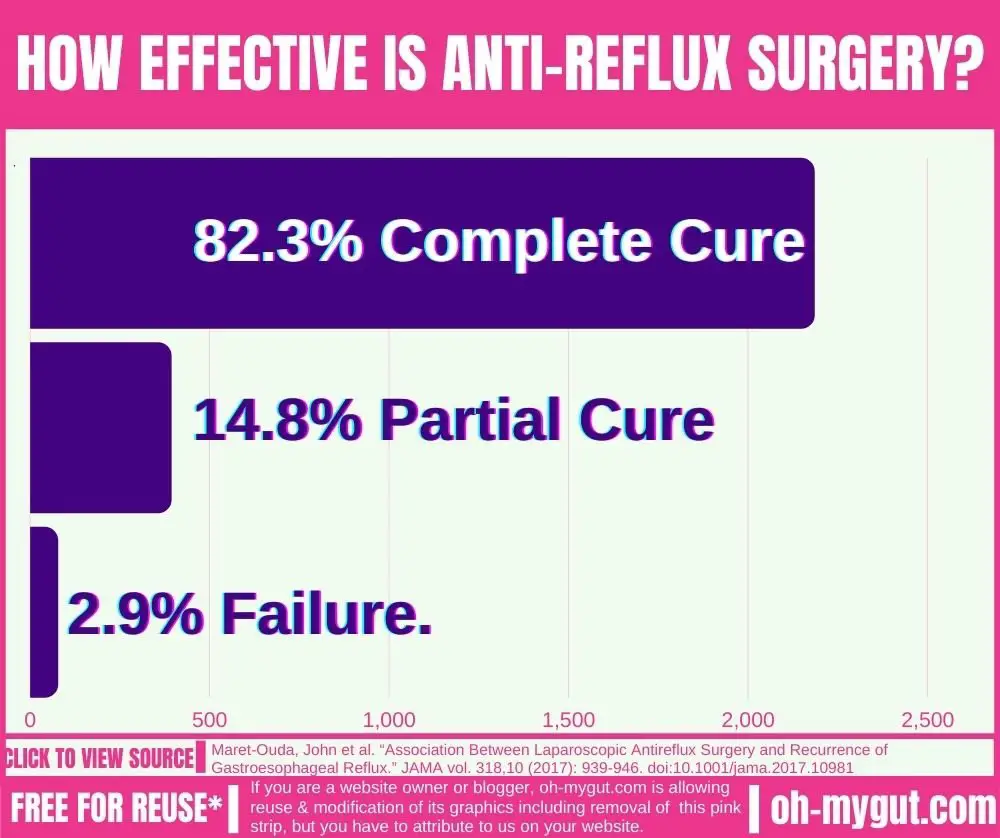7 Effective Hiatal Hernia Pain Relief Tips: Doctor Explains.
Our content is not intended nor recommended as a substitute for medical advice by your doctor. Use for informational purposes only.
Hello everyone!. Dr. Farahat here.
Dealing with hiatal hernia and GERD pain? It’s no fun. It can hit you out of nowhere and ruin your day. But here’s some good news: relief is possible.
In this post, I’ll cover 7 tips that actually work. These are simple, practical steps you can take to ease the pain. Let’s jump right in and get you feeling better.
1 . Take a PPI (most effective hiatal hernia painkiller).
Proton pump inhibitors are a group of medications that stop acid secretion into the stomach. The acid in your stomach is the main reason why a hiatal hernia hurts (reference).
Proton pump inhibitors are the most potent acid secretion inhibitors among all medications and supplements. They are more potent and effective than antacids (acid neutralizers) and H2 blockers (famotidine).
They are effective in both short and long-term relief.
Taking a PPI will heal the severe inflammation of the inflamed parts of your esophagus and hiatus hernia.
Commonly used PPIs include:
- Omeprazole (Prilosec), is also available over-the-counter
- Esomeprazole (Nexium), is also available over-the-counter
- Lansoprazole (Prevacid), also available over-the-counter
- Rabeprazole (Aciphex)
- Pantoprazole (Protonix).
Some PPIs are available as OTC medications, such as Nexium. But always ask your doctor about the optimum dosing and duration that fits your condition and symptom severity. Also, don’t take PPI long-term without medical supervision.
2. Take an antacid (Relieves hiatal hernia pain quickly).
Antacids are locally acting acid neutralizers. They directly mix with the stomach acid, making it less damaging.
Their effect is almost immediate because they act locally in the stomach and the esophagus. So, antacids are suitable for quick hiatal hernia pain relief (relief).
However, Antacids are not as effective as proton pump inhibitors and may cause side effects.
The most important side effects are bowel habit changes (diarrhea or constipation) and kidney stone formation if used for long periods.
The most common antacids to use are:
- Aluminum hydroxide gel (Alternagel, Amphojel)
- Calcium carbonate (Alka-Seltzer, Tums)
- Magnesium hydroxide (Milk of Magnesia)
- Gaviscon, Gelusil, Maalox, Mylanta, Rolaids.
- Pepto-Bismol.
3. Elevate your head during sleep.
Head elevation consistently improved esophageal acidity and symptoms in research. This leads to partial improvement of the GERD symptoms (not a complete cure) (reference).
Head elevation during sleep prevents acid reflux in patients with Hiatal hernia. Using a specialized GERD pillow or multiple pillows to elevate your head can relieve the Hiatal hernia pain.

WEIGHT LOSS AND HEAD ELEVATIONS ARE CONSIDERED THE 2 MOST EFFECTIVE LIFESTYLE MODIFICATIONS THAT CAN IMPROVE GERD AND HIATAL HERNIA
4. Modify your eating habits.
What you eat, drink, and how you eat is a very important factor in relieving pain from hiatal hernia. Food is the most crucial trigger of hiatal hernia pain. Faulty eating habits and the wrong timing of meals are responsible for most hiatal hernia pain flare-ups.
Avoid the following bad eating habits to relieve the Hiatal hernia pain:
- Large meals: Try to eat smaller, more frequent meals instead of two or three large meals a day.
- Eating before bedtime: This is a significant factor. Going to bed directly after eating will trigger reflux symptoms when you have a hiatal hernia. early meals (4-6 hours before bedtime) improve GERD symptoms. (reference).
- Laying down directly after eating: Lying down on your couch to scroll social media or watch TV can trigger reflux symptoms.
5. Avoid trigger foods and drinks.
Possible foods may trigger GERD symptoms and hiatal hernia flare-ups (reference).
- Fatty foods.
- Fried food.
- Spicy food.
- Tomatoes and their derivatives (salsa, tomato sauce).
- Soft drinks.
- Coffee and caffeinated drinks.
- Peppermint and peppermint oil.
- Citrus fruits such as oranges and lemon.
- Alcohol.
- Onions and garlic.
- Chocolate.
- Whole milk.
6. Avoid other hiatal hernia Triggers.
- Cough: During cough, forceful contraction of the diaphragm leads to increased pressure inside your abdomen.
- Straining (especially weight lifting).
- Straining as weight lifting and vigorous exercise.
- Vomiting.
- Hiccough.
- Smoking: Smoking cessation is also considered effective in improving GERD symptoms. A large study of 29,610 participants showed that smoking cessation decreased severe reflux symptoms in non-obese patients who also take GERD medications (reference).
A special note on straining and hiatal hernia.
Straining can also cause hiatal hernia flare-ups by a mechanism similar to cough. In addition, straining can increase the pressure inside your abdomen.
High intra-abdominal pressure promotes the herniation of the stomach through the opening of your diaphragm.
Your stomach contents are kept from reaching the esophagus through the lower esophageal sphincter. The sphincter is a muscle ring that contracts and relaxes periodically.
Researchers found that straining during the relaxation phase of the LES leads to a flare-up of hiatal hernia.
Straining can be in the form of:
- Heavy weight lifting.
- During bowel movements (constipation).
- Physical Exercise (Going to the gem can cause a hiatal hernia to flare up).
Heavy weight lifting is one of the significant causes of hiatal hernia flare-ups. In addition, patients who lift heavy weights have a 3.6 times higher risk of recurrent hiatal hernia (reference).
7. When to choose surgery for hiatal hernia.
Surgery remains the most effective radical treatment for hiatal hernia. If your type of hernia is fit for surgery, you will have an excellent chance of complete hiatal hernia pain relief after surgery.
Long-term observational studies report that 90 to 95% of adults are satisfied with the results of their anti-reflux surgery (reference 1) (reference 2).
In a large Swedish study of 2655 patients who underwent anti-reflux surgery, 82.3% were permanently cured of GERD, while 17.3% were found to have recurrent GERD symptoms after surgery.
A further follow-up of the 17.3% of patients (number=470) was done. And found that out of the 470, 16.4% (77 patients) repeated the reflux surgery.
What does this mean?
This tells us that anti-reflux surgeries can help permanently cure your hiatal hernia. but it depends on multiple factors such as:
- The size and the type of hiatal hernia.
- The severity of the resultant GERD and esophageal injury.
- Other risk factors include obesity, older age, and co-existing diseases (ref).
- The type of operation.
- Different lifestyle and dietary factors.
- Evidence-based
- Written by a doctor.










